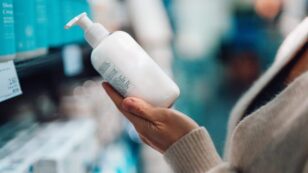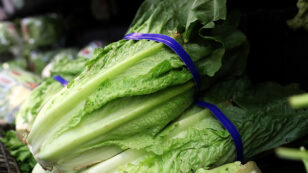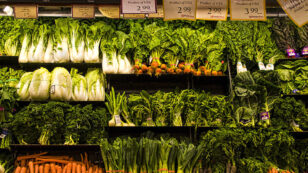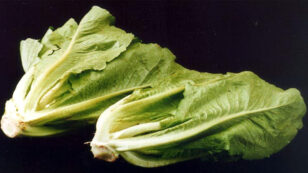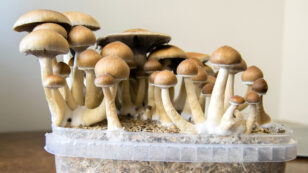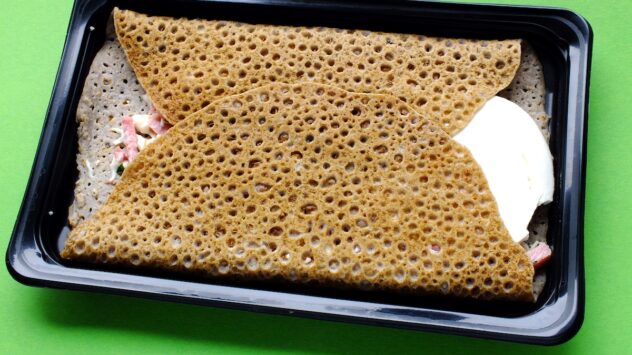
FDA Denies Petitions to Ban Phthlates in Food Packaging
The U.S. Food and Drug Administration (FDA) has chosen not to ban chemicals from food packaging that have been linked to serious health impacts including breast cancer, diabetes, asthma and brain development in children. The FDA’s decision, announced Thursday, came in response to two petitions sent by environmental and public health groups in 2016 asking […]

 233k
233k  41k
41k  Subscribe
Subscribe 
